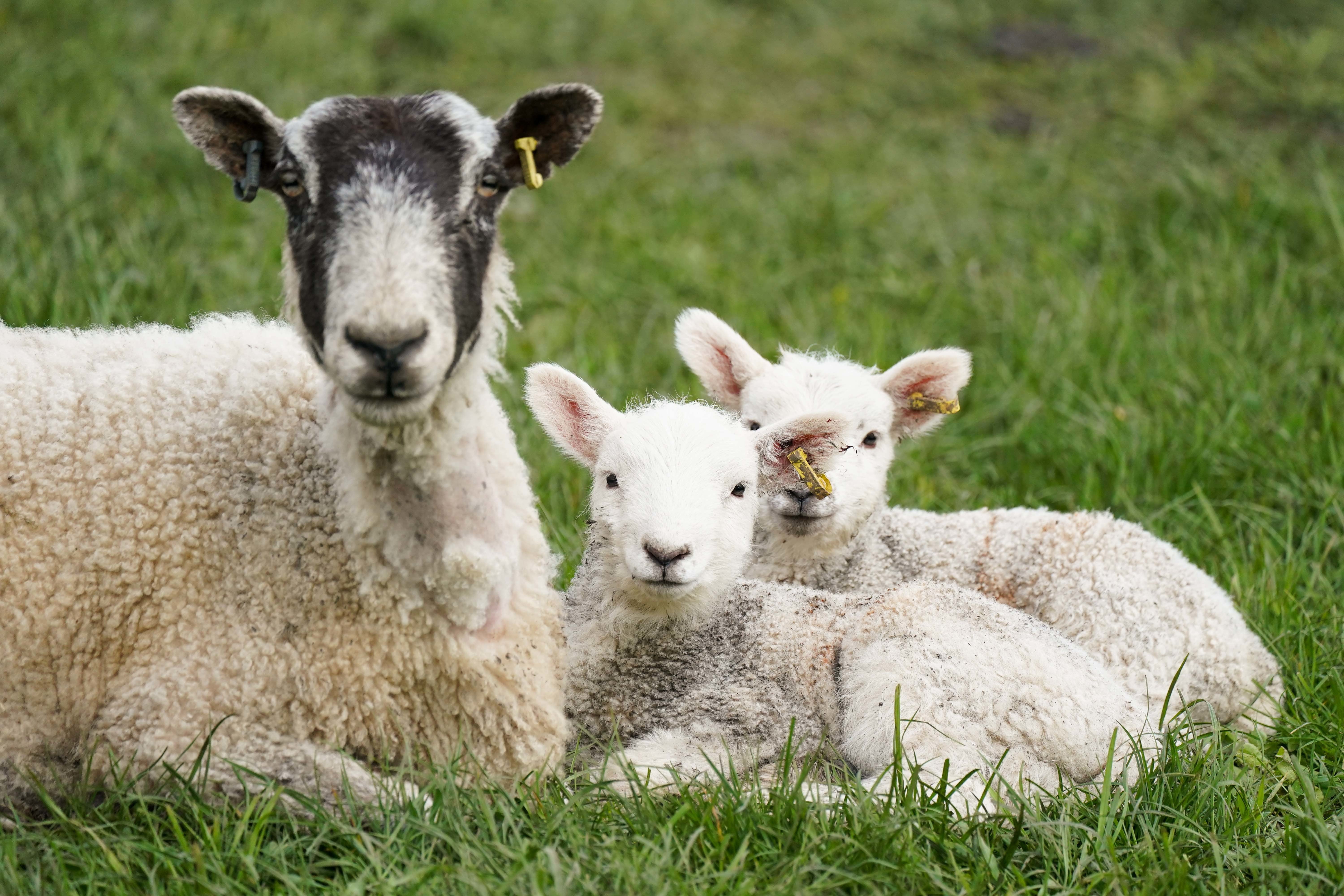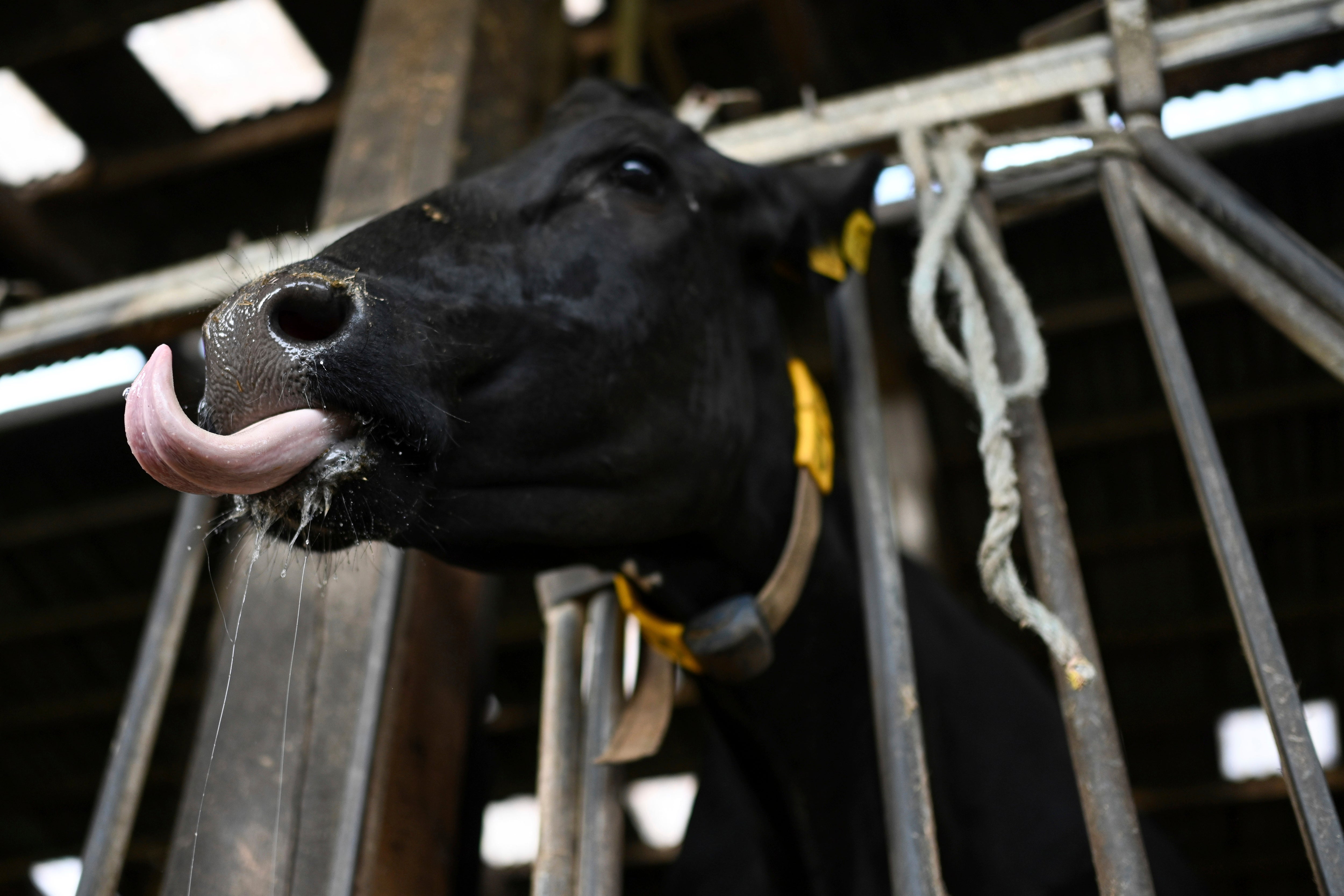Farmers warned as Greece reports outbreaks of bluetongue in sheep and goats
The outbreak was detected on 137 sheep and goats, killing 15 of them

Your support helps us to tell the story
From reproductive rights to climate change to Big Tech, The Independent is on the ground when the story is developing. Whether it's investigating the financials of Elon Musk's pro-Trump PAC or producing our latest documentary, 'The A Word', which shines a light on the American women fighting for reproductive rights, we know how important it is to parse out the facts from the messaging.
At such a critical moment in US history, we need reporters on the ground. Your donation allows us to keep sending journalists to speak to both sides of the story.
The Independent is trusted by Americans across the entire political spectrum. And unlike many other quality news outlets, we choose not to lock Americans out of our reporting and analysis with paywalls. We believe quality journalism should be available to everyone, paid for by those who can afford it.
Your support makes all the difference.Greece has reported 10 outbreaks of the BTV3 bluetongue virus in sheep and goats on farms in the northeastern part of the country, the World Organisation for Animal Health (WOAH) said on Monday, citing Greek authorities.
Bluetongue is an animal disease that affects livestock such as cattle and sheep, with symptoms including a blue and swollen tongue, fever, reduced milk yield and in the most severe cases, death.
A new variant of the disease, the BTV3, has been circulating in Europe since late last year, leading to vaccination campaigns in affected countries including France.
The outbreak was detected on 137 sheep and goats, killing 15 of them, the report said.
In the UK farmers have been warned that there is a “very high” probability of thwe new strain being brought in through midges blown over from Europe. They are being urged to remain vigilant and monitor their animals frequently, while making sure their livestock and land and up-to-date contact details are registered with the APHA in case of an outbreak.
The disease does not affect humans or food safety.

It is spread through biting midges, and while there is no evidence bluetongue is currently circulating in midges in Britain, the Government warns the insects can be blown long distances on the wind and bring the virus over from mainland Europe.
BTV3, which emerged in the Netherlands in September 2023, was first identified in November in England.
Since then there have been 126 cases in the outbreak, seven sheep and 119 cattle, across four counties, Kent, Norfolk, Suffolk and Surrey.
A risk assessment published by the Animal and Plant Health Agency (APHA) following the outbreak last year, warns there is a very high probability of a new introduction of bluetongue virus of the new BTV3 strain into Britain during 2024 through infected biting midges being blown over from northern Europe.
There is also a medium risk of another strain, BTV8, being carried in by midges blown from northern France.
Biting midges are most active between April and November, and the timing of any potential incursion of the disease will depend on temperatures and wind patterns, officials said.
There is currently no vaccine in the UK for the BTV3 strain of the virus, although a new vaccine has been approved for emergency use from the start of May in the Netherlands and Belgium.
Join our commenting forum
Join thought-provoking conversations, follow other Independent readers and see their replies
Comments